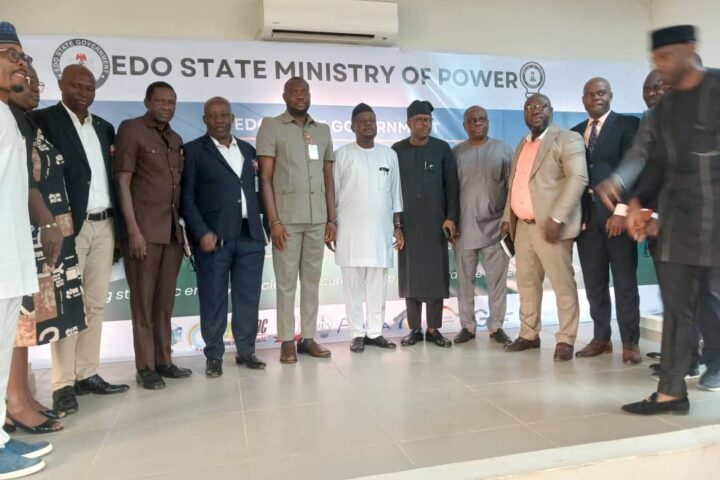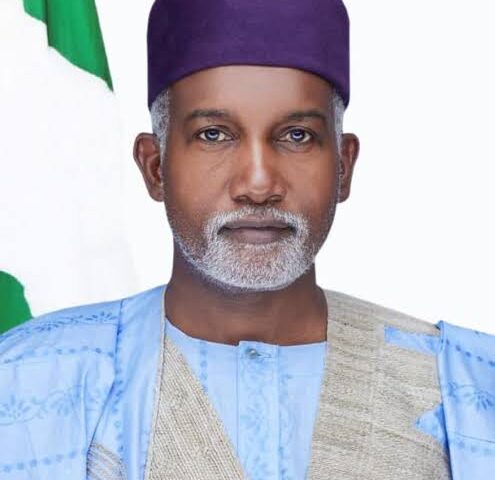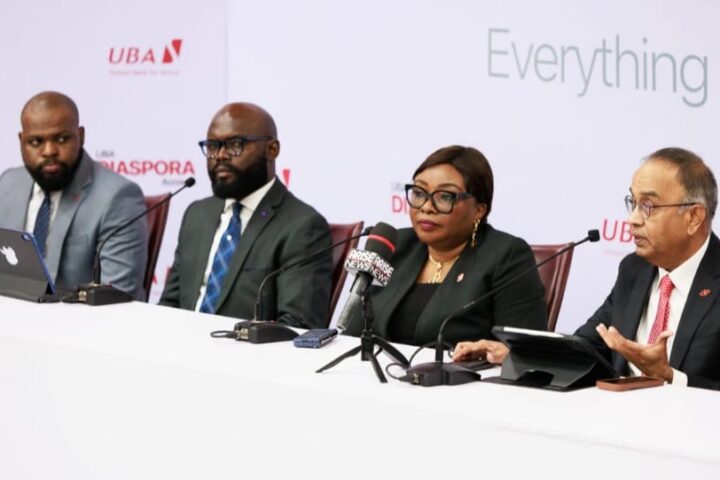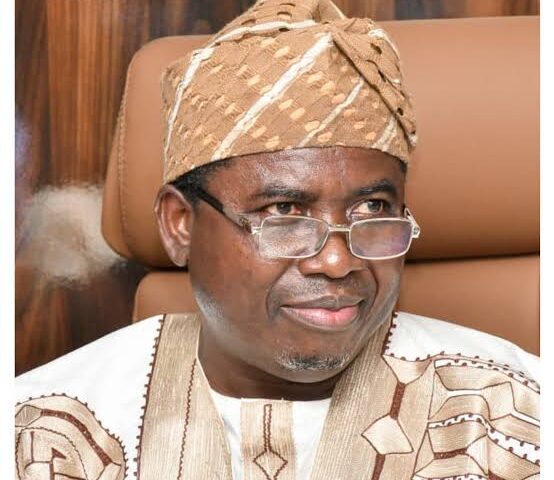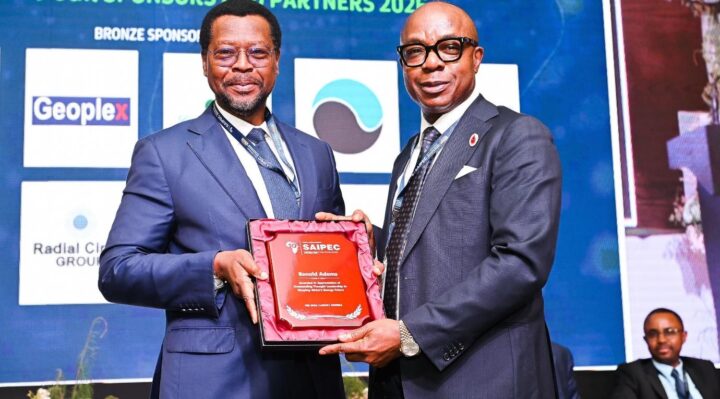The Senate on Wednesday moved to provide a legal and institutional framework to empower individuals and other private entities with capacity to generate, distribute and supply electricity.
Its move will allow investors to leverage on the gains of the privatisation phase of the electricity power sector in Nigeria.
The development followed the consideration of a report by the Committee on Power headed by the Chairman, Senator Gabriel Suswam (PDP, Benue North East).
Senator Suswam,in his presentation, said the bill seeks to, amongst others, improve utilisation of generated power through increased investments in new technologies to enhance transmission and distribution of generated power to minimise aggregate value chain losses.
According to him, when signed into law, the legislation would “reinvigorate the Institutional framework for the reform of the Nigerian Electricity Supply Industry (NESI) initiated and implemented by the Federal Government.”
The provisions of the bill,he said,seek to promote policies and regulatory measures that would ensure the expansion of power transmission networks in Nigeria in order to address any imbalance in the existing transmission infrastructure.
He explained also that the bill would stimulate policy and regulatory measures to scale up efficient power generation, transmission and distribution capabilities of the sector; as well as address technological limitations and outdated infrastructure that are responsible for value chain losses.
But his presentation stirred reactions on the floor of the Upper Chamber with the Senate President, Ahmad Lawan seeking clarification on the role and operational capacity of banks that had taken over distribution companies (discos) indebted to them.
Senator Suswam said that the take-over of entities (Discos) by banks was duly carried out in collaboration with the Nigerian Electricity Regulatory Commission (NER) and Bureau of Public Enterprise (BPE).
There was a transitional process put in place during the take-over of the Abuja Electricity Distribution Company (AEDC) by the United Bank for Africa (UBA) to ensure efficiency in service delivery,he added.
He noted that such a transitional process usually involves the invitation of new investors to scale up generation and distribution capacities.
He further disclosed that the Federal Government had disbursed $100 million (USD) to Siemens to kickstart transmission in the distribution end of the power sector.
In his contribution, Senator Ahmad Babba-Kaita (PDP – Katsina North), said the faulty way in which Discos were created was largely responsible for their inability to live up to expectations.
He advised the federal government to ensure a transparent process in the selection of companies to take-over power generation and distribution across the country.
The Deputy Chief Whip, Senator Aliyu Sabi Abdullahi (APC – Niger North), noted that the aspect of renewable energy in the bill, was given prominence amidst the energy mix.
The Senate after close consideration of the Electricity Bill, 2022, passed it by the Committee of the Whole.
In his remarks after the passage of the bill, the Senate President said, “because of its importance and sensitivity, we would like to see a quick concurrence by the House of Representatives, because time is of essence as far as Nigeria is concerned when you talk about electricity and energy supplies in Nigeria.





